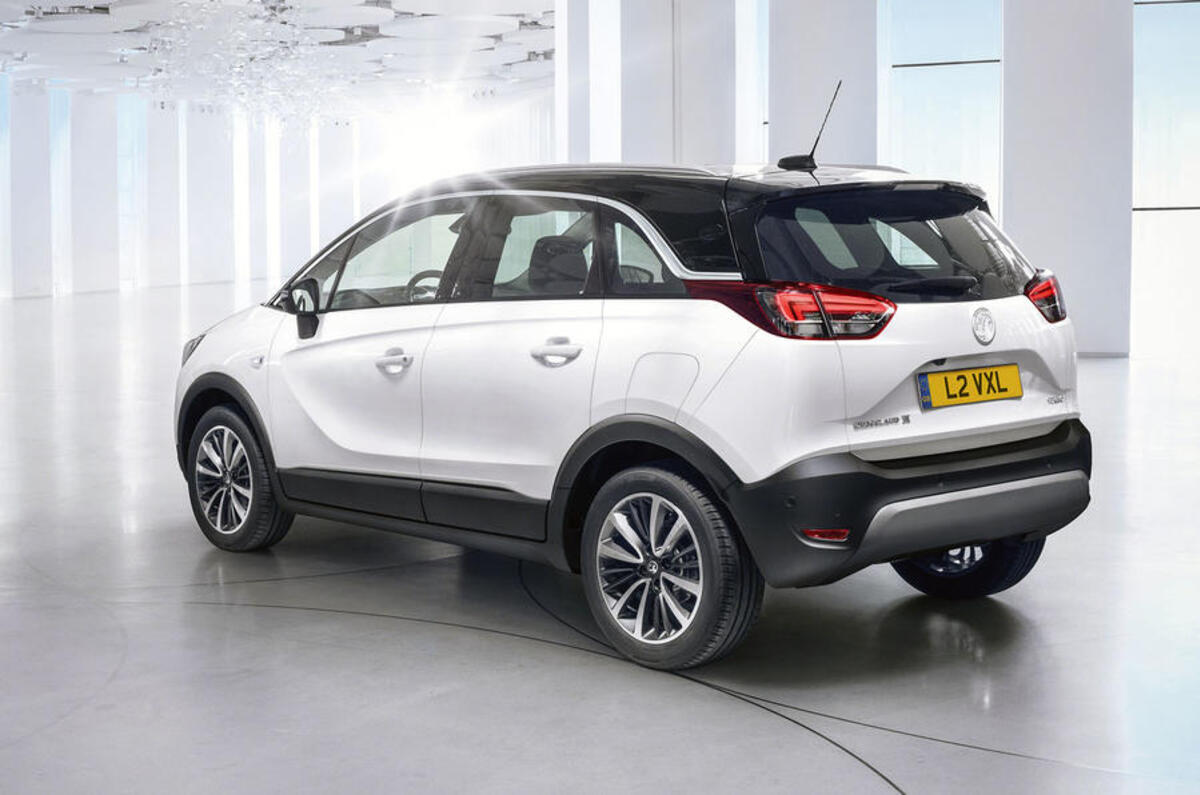So why did General Motors really decide to bail out of the European market after persevering for so long? As boss Mary Barra pointed out, GM took over control of Opel in 1929 and Vauxhall in 1925.
What’s more, GM had the perfect opportunity to throw in the towel on Opel/Vauxhall in 2009, when it filed for bankruptcy and came within a whisker of selling off its European arm to component giant Magna.
At this morning’s press conference, Mary Barra twice said the decision to sell was because of "key fundamental shifts" in European markets over the past 12 months. She listed them as "changes in customer preference to geopolitical and regulatory environments to the impact of technology".
Clearly, geopolitics meant Brexit, which GM has already blamed for missing its aim of breaking even in Europe after over a decade of losses. The fall in the value of the pound against the euro put a dent in GM’s accounts.
Read the latest on PSA's purchase of Opel/Vauxhall
As for "changes in the regulatory environment", I would suggest that this is probably a reference to the impact of the Volkswagen emissions scandal.
GM Europe sold just over 1.1 million cars last year, and it has to meet the EU2020 C02 fleet average laws. The coming introduction of the RDE real-world solution tests will probably mean nearly all of its diesel cars would need to be fitted with urea injection. That would be expensive to implement and might not even be possible on some older models.
Deleting diesel engines altogether from some models would have been another hurdle, and it seems likely that all petrol engines will soon have to be adapted to use a particulate filter. A shift to petrol engines for most of its models in the Read Autocar's Vauxhall Astra and Vauxhall Corsa ranges would probably have meant investment in mild hybrid technology, such as electric turbocharging systems.
This sudden shift towards petrol engines and, eventually, hybridisation for smaller cars and the need to install more expensive diesel engines in larger cars was probably an investment too far for the GM board, especially with such a relatively small European business.
Indeed, Opel/Vauxhall was specifically singled out with three other makers last December in a report by the European Environment Agency, which said Opel would have to "quicken its pace in CO2 reduction" if it was to hit the 2020 targets.
But there was another fascinating insight into GM Europe’s predicament at this morning’s press conference with the PSA Group. GM president Dan Ammann slipped out the fact that, in the next few years, just 20% of Opel/Vauxhall vehicles would have been common with GM’s global range.
As auto analysts at Evercore pointed out a couple of weeks ago, European market cars - even superminis and medium hatches such as the Vauxhall Astra - are expensive to engineer and surprisingly sophisticated compared with similar-size vehicles sold in other global markets.




Join the debate
Add your comment
Nursing Writing Services
You are sure to get the best quality nursing writing services in the shortest period when you seek online nursing writing services and nursing custom writing help services.
Is this the same GM
that flew its CEO to Washington in a private jet to ask for a handout..
Damn Brexit!